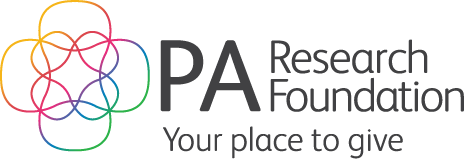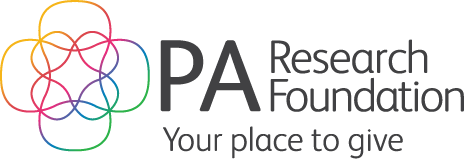
This year, the Australian Institute of Health and Welfare estimated that cancer will be responsible for around three in every 10 deaths in Australia.
Specifically, there will be around 21,000 breast cancer cases diagnosed in females, thus forming the second most diagnosed cancer in Australia for persons aged 20 to 39 and 60 to 79, and the most diagnosed cancer for persons aged 40 to 59 (about 1 in 600 men will also receive a similar diagnosis).
While incidence rates have been steadily increasing over the last 24 years, so have survival rates.
Breast cancer diagnosis varies greatly from person to person, and there is no single approach to living well during or after a diagnosis.
The effects of breast cancer often persist long after active treatment ends, and for some, particularly those with metastatic breast cancer, treatment is ongoing.
The long-term impacts of a breast cancer diagnosis can be physical, psychosocial, or financial, necessitating different types of support at various stages following the initial diagnosis.
Of relevance, triple negative breast cancer is a particularly aggressive form, responsible for many associated deaths, representing around 15 per cent of all breast cancer cases.
Patients with triple negative breast cancer are negative for three common breast cancer receptors in estrogen, progesterone and HER2 that allow clinicians the option to treat breast cancer with targeted therapies such as hormone therapy and immunotherapy, leaving chemotherapy as the only option.
Despite treatment, some patients see a recurrence of cancer.
Time has never been more critical to invest in novel research to further improve survival rates, accessibility to more treatment options and improve quality of life during and after treatment.
Through fundraising efforts such as the Project Pink breast cancer inititive and continued engagement and support from the wider community, PA Research Foundation (PARF) can continue its established track record of investments into breast cancer research projects and patient care initiatives that ensure those with a diagnosis will not only survive but thrive post treatment. These contributions not only help find new ways to personalise treatment for individual patients but also help fund amenities that improve overall comfort and connectivity during their stay in hospital.
Of note, the Foundation has helped fund many clinical fellowships initiated by the Breast Cancer Institute (BCI). The PA Hospital has one of only three PRISMA, MRI machines in the world. Afforded these resources, researchers like Carolyn Montford from BCI (who helped discover BRCA gene) has written algorithms that nearly predicted evolutions of change in breast tissue, thus allowing for greater medical insights that inform further innovation in patient care and treatment.
Hospital Oncologist Dr Kate Cuff and researcher Dr Adrian Wiegmans have also been working on understanding the DNA repair pathways and coming up with novel solutions to help patients with the poorest outcomes through biomarker research.
PARF has similarly funded many independent research projects. For instance, Dr Honor Hugo, Professor Erik Thompson and their collaborative research team focused on measuring mammographic density as a risk factor for breast cancer.
Using the information gleaned from such trials, they subsequently explored how women being treated for breast cancer can be aided further as well as enhance the operational capabilities of health professionals to save lives.
Dr Shannon Joseph’s research as part of Associate Professor Fiona Simpson’s Lab at the University of Queensland, into drug systems in the breast cancer space has likewise benefitted from funding and charitable donations.
The Simpson’s Lab’s combination therapy research which has been supported by Project Pink for a number of years, has now advanced to a clinical trial of over 400 patients in collaboration with the Garvan Institute in Sydney.
“PA Research Foundation funding has meant that I could continue working in the Simpson Lab and continue to drive the breast cancer projects,” she said.
“Donating to medical research is extremely important. Scientists and clinicians need to be able to continue to do research if the community wants to see advances in current technologies and better treatments. Any donation is certainly highly regarded and appreciated by us as researchers.”
“We don’t take any donations lightly and we try to make everything count,” she adds.
The fight against breast cancer is a collective effort that requires continuous support, innovative research, and comprehensive care. PARF’s Chief Executive Officer Damian Topp stresses that the ongoing contributions have been and continue to be vital in funding groundbreaking research, improving patient care, and enhancing the quality of life for those affected by breast cancer.
“When we fund medical research, we are funding hope and innovation. By donating to medical research, you are investing in the future of healthcare. Your support can lead to treatments and cures that will benefit patients for generations to come,” he said.
“Groundbreaking medical research relies on people. Your contribution can be the catalyst for discoveries that change lives Let us continue to support our breast cancer initiative Project Pink and work together to make a lasting difference in the lives of those affected by breast cancer.”
You can support breast cancer research by making the PA your place to give here.




